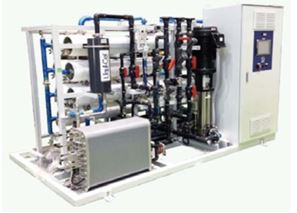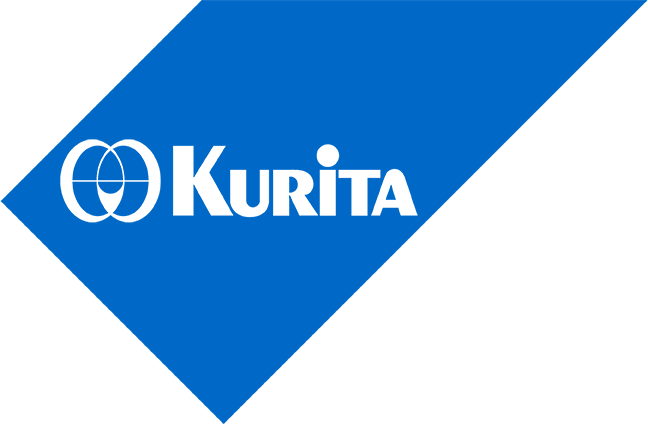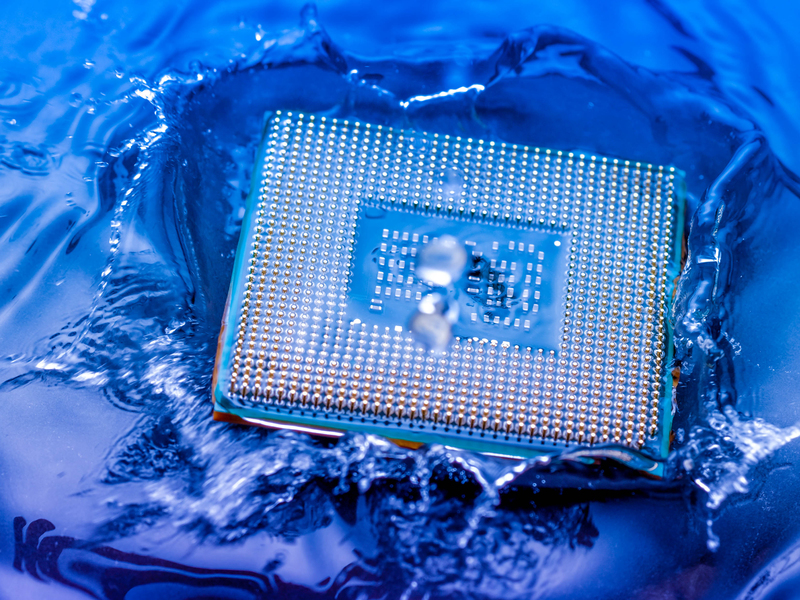Seiko Epson in Japan produces and sells printers and related products, and as part of its management philosophy to be “an indispensable company,” the facility is working to solve social issues through its business activities. At each business site, the company was working to reduce its environmental impact.
Seiko Epson wanted to reduce plant water usage and greenhouse gas emissions and achieve their company environmental vision 2050.
To help the plant achieve its environmental goals, Kurita Water Industries (KWI) put forward a proposal to reclaim and reuse wastewater from the ultrapure water (UPW) production systems used in the plantʼs manufacturing processes.
 The reverse osmosis (RO) membrane water treatment system, one of the ultrapure water production systems, discharges water with high levels of ions and impurities (brine) from the feedwater, but much of the discharged water has been emitted as wastewater. To address this issue, Kurita identified a processing method and an application for reuse at the plant based on the concentration and type of impurities in the brine.
The reverse osmosis (RO) membrane water treatment system, one of the ultrapure water production systems, discharges water with high levels of ions and impurities (brine) from the feedwater, but much of the discharged water has been emitted as wastewater. To address this issue, Kurita identified a processing method and an application for reuse at the plant based on the concentration and type of impurities in the brine.
Since adopting the proposal, the customer has reduced its potable water usage by about 10 million gallons per year (38,000m3 per year). The ultrapure water production systems also incorporate a warming step to improve the permeation efficiency of water for production processes. By recovering heat from the reclaimed water, the new system has also reduced the plantʼs carbon dioxide emissions by 26 tons per year.


